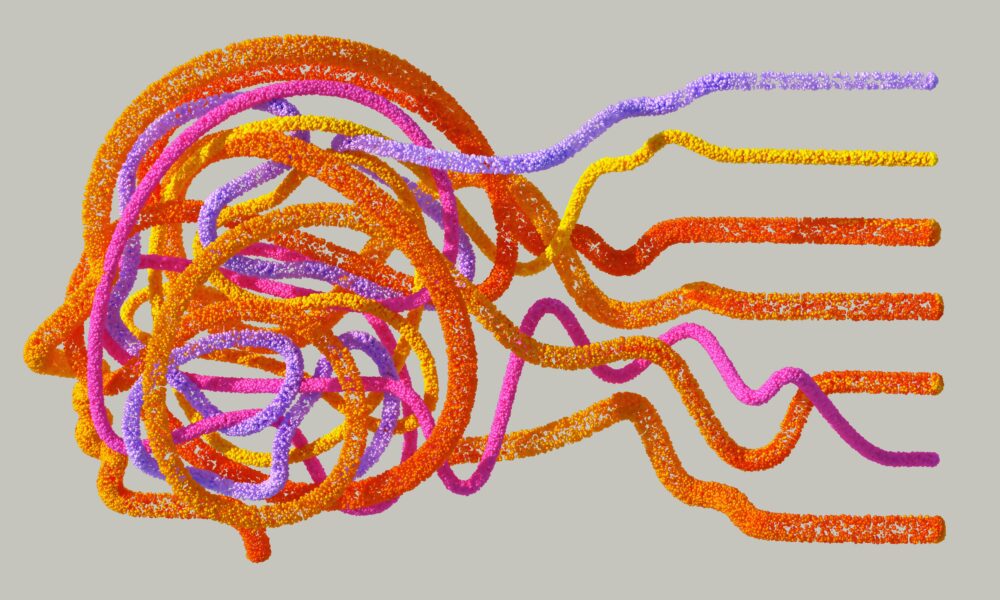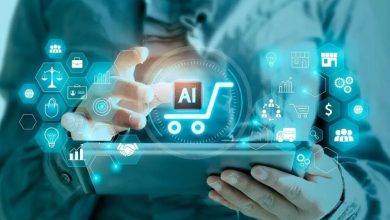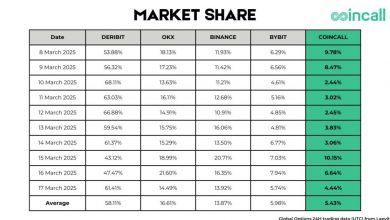The Intersection of AI and Mental Health: A New Era of Therapy

The history of therapy is difficult to quantify in that, for as long as human beings have walked the Earth, they have shared their feelings with one another in a therapeutic fashion, in one way or another. But strictly speaking of the practice of therapy as a profession, many scholars point to the opening of the first psychological clinic by Wilhelm Wundt in 1879 as its true birth. In the decades since then, therapy has become an increasingly venerated and authentic practice, one which many people turn to in order to help alleviate mental and emotional stressors in their daily lives. Despite this, there remains a stigma of sorts around therapy.
Nowhere is this stigma more apparent than in the modern epidemic of loneliness, which has beseeched the younger generation of (predominantly) males. Amidst the tumultuous landscape of digital innovation and social media, young men are losing themselves and falling victim to the detriments of their own loneliness and isolation-inducing behaviors.
While a therapist would be able to acutely diagnose such issues and help them work toward easing these concerns in their daily lives, those who need therapy most often do not willingly seek it out, thanks to the perceived stigma or bias that surrounds it. Going to therapy is akin to asking for help, and to these young men who have been indoctrinated by radically unempathetic and rigorously faux-masculine online figures, asking for help is seen as a sign of weakness. However, as artificial intelligence (AI) continues to evolve, it is making waves in numerous fields, including mental health. AI’s ability to process large volumes of data and offer tailored experiences is changing how society approaches mental wellness and even therapy. From AI-powered therapy apps to virtual companions such as an AI girlfriend, AI is becoming an innovative tool in supporting mental health care and could redefine the pop culture perception of therapy and mental health.
A huge part of this is because, somewhat ironically, the same kinds of deeply entrenched online communities that are so vehemently opposed to showing any sign of weakness or even the very concept of therapy as a vital tool for emotional health are, by and large, extremely invested in AI.
History of AI
Since being introduced to the global market in 2022, AI has made leaps and bounds toward being perceived as a genuine tool for good. What began as an online oddity whose uses were predominantly fueled by perplexed fascination has continued to grow and evolve at a rapid pace. Now, just over two years later, the technology has become an integral part of numerous business models and industries across the globe.
A gargantuan contributor to the technology’s success has been its unprecedented ability to consume, analyze, and recontextualize data and information. Businesses around the world now utilize AI to better analyze past sets of data so as to help them forge more reliable and efficient plans for the future. The results thus far have been immensely successful, with AI’s predictive work proving accurate in ways that human prognosticators’ work never could
These analytical and predictive qualities are valuable assets now being applied in healthcare. AI is proving extremely beneficial in forming diagnoses and prepping patient treatment plans. Now, these same protocols and strengths are being applied to mental health, and they have the opportunity to bring about real foundational change.
AI in Mental Health Diagnoses
AI is being used to analyze speech patterns, facial expressions, and other behavioral cues to detect signs of mental health issues such as depression, anxiety, or stress. These AI-driven diagnostic tools are helping doctors and therapists to identify conditions more accurately and quickly, especially when it comes to young male patients. This subset of patients is far less likely to be as accepting of traditional therapeutic techniques or forthcoming with their mental health issues. As a result, utilizing AI in these ways has been able to cut through self-imposed boundaries and help therapists get to the root of the problem in more efficient and tangible ways.
AI-Powered Therapy Apps
AI-powered mental health apps like Woebot or Replika have also seen rises in popularity over the past few years. These apps use AI to provide cognitive behavioral therapy (CBT) and other therapeutic techniques to individuals straight from their phones. These apps offer users access to mental health support anytime, anywhere, making therapy more accessible and less intimidating.
Personalized Mental Health Care
In the same way that AI systems are able to parse a person’s physical healthcare history to mine valuable insights about potential treatment options, so too can it work to create personalized mental health plans based on a person’s unique psychological profile. This helps individuals navigate their mental wellness journey with tailored strategies that suit their own specific needs.
AI Girlfriends and Emotional Well-being
AI girlfriends are emerging as one of the more unconventional uses of AI technology. They offer companionship and emotional support for those experiencing loneliness or stress, creating a new dynamic in mental health care. By offering conversation and friendship, these virtual companions provide a safe, nonjudgmental space for individuals to express their feelings, contributing to emotional well-being and stress reduction.
Nowhere has the value of virtual companions been more apparent than in their ability to help recondition young males struggling with isolationist tendencies. Virtual companions help break them out of their shells and provide a safe space in which they can relearn and hone valuable communication skills.
The Role of AI in Reducing Mental Health Stigma
Simultaneously, AI is helping reduce the stigma surrounding mental health by providing private, accessible, and anonymous platforms for individuals to seek help. While many online influencers with ginormous young male followings have spoken openly and hostilely about real-world therapy, AI therapeutic tools give these young men a safe space to talk about their feelings and receive support without fear of judgment.
AI in Crisis Intervention
AI technology is now even being used in crisis intervention. Chatbots or virtual assistants can provide immediate support to individuals in distress, offering coping strategies or directing them to human counselors when necessary.
Ethical and Privacy Concerns
Of course, there are numerous ethical concerns that arise when AI is used for mental health purposes. Despite its rapid development, the technology is still quite young, and relying too heavily upon it for any purpose could lead to a litany of practical, ethical, and legal issues. Some of these potential concerns include maintaining the safety of users’ privacy, avoiding over-reliance or addicting-forming tendencies, and ensuring AI systems are sensitive to the complexities of human emotions.
AI is playing a growing role in mental health care, from AI therapy apps to AI girlfriends, and has the potential to make mental health support more accessible and personalized for all. However, it’s crucial to maintain ethical guidelines and privacy protections as we integrate these technologies into the mental health landscape. Such AI tools are reshaping mental health care, recontextualizing the cultural conversation about emotional well-being, and emphasizing AI’s role in improving access to and personalization of care.





